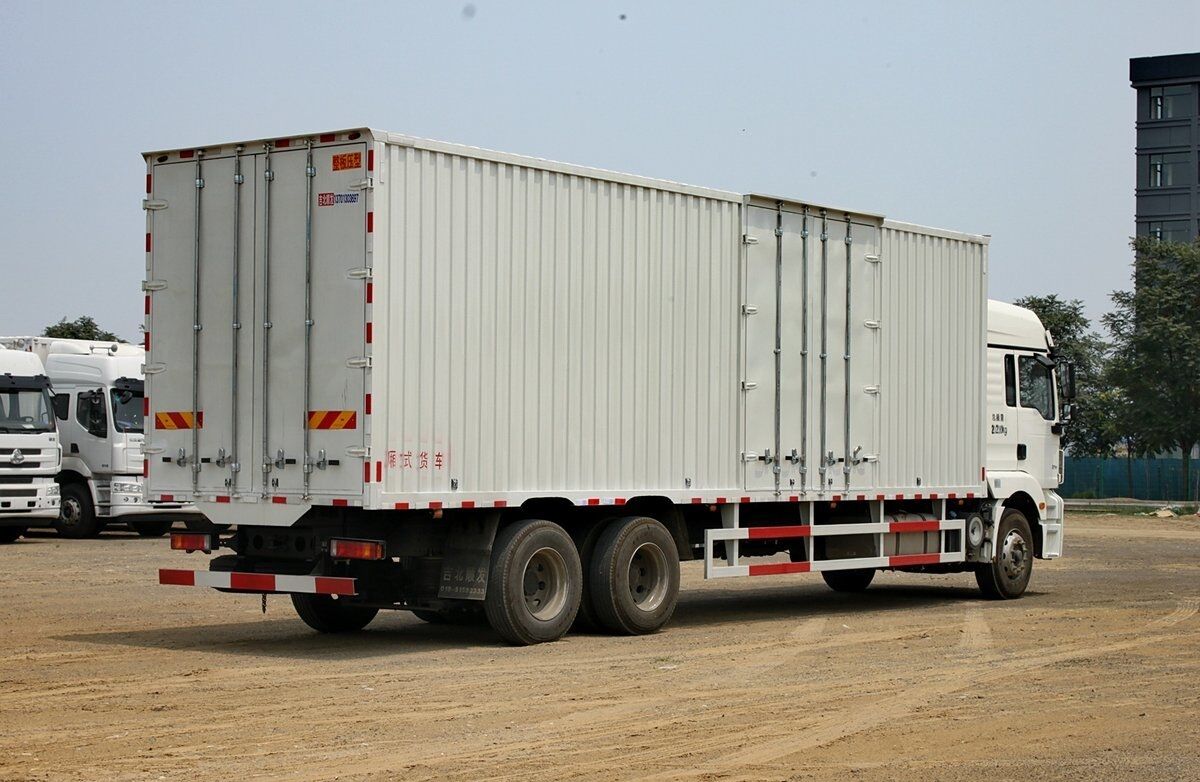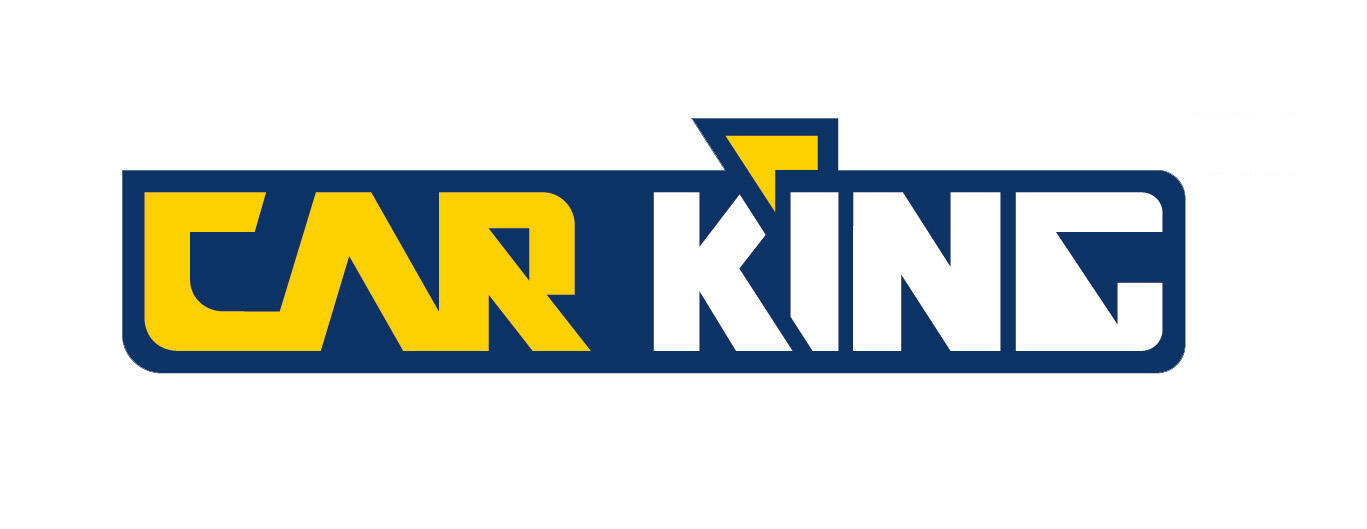Selecting the Perfect Commercial Vehicle for Your Operations
Every business has unique transportation requirements, and choosing the right cargo truck can significantly impact your operational efficiency and bottom line. From local deliveries to long-haul transportation, the perfect cargo truck serves as the backbone of your logistics operations. Understanding the various options available and matching them to your specific needs is crucial for making an informed decision that will benefit your business for years to come.

Understanding Different Types of Cargo Trucks
Light-Duty Cargo Trucks
Light-duty cargo trucks are ideal for businesses that primarily operate in urban environments or handle smaller delivery loads. These vehicles typically have a payload capacity ranging from 3,000 to 12,000 pounds and offer excellent maneuverability in tight city streets. They're particularly well-suited for local deliveries, catering services, and small retail operations.
The advantages of light-duty cargo trucks include better fuel efficiency, lower initial investment costs, and reduced maintenance expenses. Many models now come with advanced safety features and comfortable cabin designs that make them practical for both short and medium-distance deliveries.
Medium-Duty Commercial Vehicles
Medium-duty cargo trucks bridge the gap between light-duty vehicles and heavy-haul trucks. With payload capacities typically ranging from 12,000 to 26,000 pounds, these versatile vehicles serve a wide range of business needs. They're commonly used in construction, wholesale distribution, and furniture delivery services.
These trucks offer an excellent balance of power, capacity, and maneuverability. Many medium-duty models feature advanced transmission systems and powerful engines that provide reliable performance while maintaining reasonable fuel efficiency. Their larger cargo space and robust construction make them suitable for businesses that need to transport bulky items or handle frequent loading and unloading.
Heavy-Duty Transportation Solutions
Heavy-duty cargo trucks are the workhorses of the transportation industry, designed to handle the most demanding loads and longest routes. These vehicles can carry payloads exceeding 26,000 pounds and are essential for interstate commerce, construction materials transport, and industrial equipment delivery.
Modern heavy-duty trucks come equipped with sophisticated technology for fuel management, route optimization, and driver safety. While they require a larger initial investment and higher operating costs, they offer unmatched capability for businesses that need to move heavy loads regularly.
Key Factors in Cargo Truck Selection
Payload Requirements and Capacity
Understanding your typical payload requirements is crucial when selecting a cargo truck. Consider not just your current needs but also potential future growth. It's important to factor in both weight and volume capacity, as some loads might be bulky but light, while others could be compact but heavy.
Regular evaluation of your shipping patterns and load types will help determine the optimal cargo truck size. Remember to account for seasonal variations in your business and potential peak periods that might require additional capacity.
Operating Environment and Route Considerations
The environment where your cargo truck will operate plays a vital role in the selection process. Urban deliveries require vehicles with good maneuverability and appropriate dimensions for city streets. Long-haul routes demand trucks with superior fuel efficiency and driver comfort features.
Consider factors such as typical weather conditions, road quality, and loading dock specifications at your frequent destinations. These elements will influence the type of cargo truck that best serves your needs while ensuring reliable performance in your specific operating environment.
Financial Aspects of Cargo Truck Ownership
Initial Investment and Financing Options
The purchase price of a cargo truck represents a significant investment for any business. New vehicles offer warranty coverage and the latest technologies but come at a premium. Used trucks might provide cost savings upfront but could require more maintenance over time. Consider various financing options, including loans, leases, and rent-to-own programs, to find the best fit for your business's financial situation.
Many manufacturers offer flexible financing solutions tailored to commercial customers. These programs might include seasonal payment schedules that align with your business's cash flow patterns or step-up payments that start lower and increase as your revenue grows.
Total Cost of Ownership Analysis
Beyond the initial purchase price, understanding the total cost of ownership helps make an informed decision. This includes fuel consumption, maintenance requirements, insurance costs, and expected resale value. Different cargo truck models and sizes can vary significantly in these aspects, affecting your long-term operating costs.
Regular maintenance costs, fuel efficiency, and potential downtime should all factor into your decision-making process. Consider also the availability of service centers and parts in your operating area, as these can impact both costs and vehicle availability.
Technology and Safety Considerations
Modern Safety Features
Today's cargo trucks come equipped with advanced safety technologies that protect both drivers and cargo. Features like electronic stability control, advanced driver assistance systems, and collision avoidance technology have become increasingly standard. These systems not only enhance safety but can also reduce insurance costs and prevent costly accidents.
When evaluating safety features, consider both active and passive safety systems. Active systems help prevent accidents, while passive systems protect occupants during a collision. The right combination of safety features can significantly impact your operation's risk management profile.
Fleet Management Integration
Modern cargo trucks can be integrated with fleet management systems that provide real-time tracking, performance monitoring, and maintenance scheduling. These technologies help optimize routes, reduce fuel consumption, and improve overall fleet efficiency. Consider how different truck models can integrate with your existing or planned fleet management infrastructure.
Look for vehicles that offer telematics compatibility and can easily integrate with your business's digital systems. This connectivity can provide valuable data for improving operations and maintaining compliance with transportation regulations.
Frequently Asked Questions
How do I determine the right cargo truck size for my business?
Evaluate your typical payload weight and volume requirements, consider your operating environment, and factor in potential business growth. Analyze your delivery patterns and load types to choose a truck that can efficiently handle your current needs while providing some room for expansion.
What financing options are available for cargo truck purchases?
Multiple financing options exist, including traditional loans, leasing arrangements, and manufacturer-specific programs. Consider factors such as down payment requirements, interest rates, term length, and whether seasonal payment schedules are available to match your business's cash flow patterns.
How important are maintenance costs when choosing a cargo truck?
Maintenance costs are a crucial factor in the total cost of ownership. Research the availability and costs of parts, service intervals, and warranty coverage. Consider the reputation of different manufacturers for reliability and the accessibility of authorized service centers in your operating area.
What safety features should I prioritize in a cargo truck?
Key safety features to consider include electronic stability control, advanced driver assistance systems, anti-lock braking systems, and modern collision avoidance technology. Also important are visibility aids like backup cameras and blind-spot monitoring systems, which can help prevent accidents during maneuvering.

